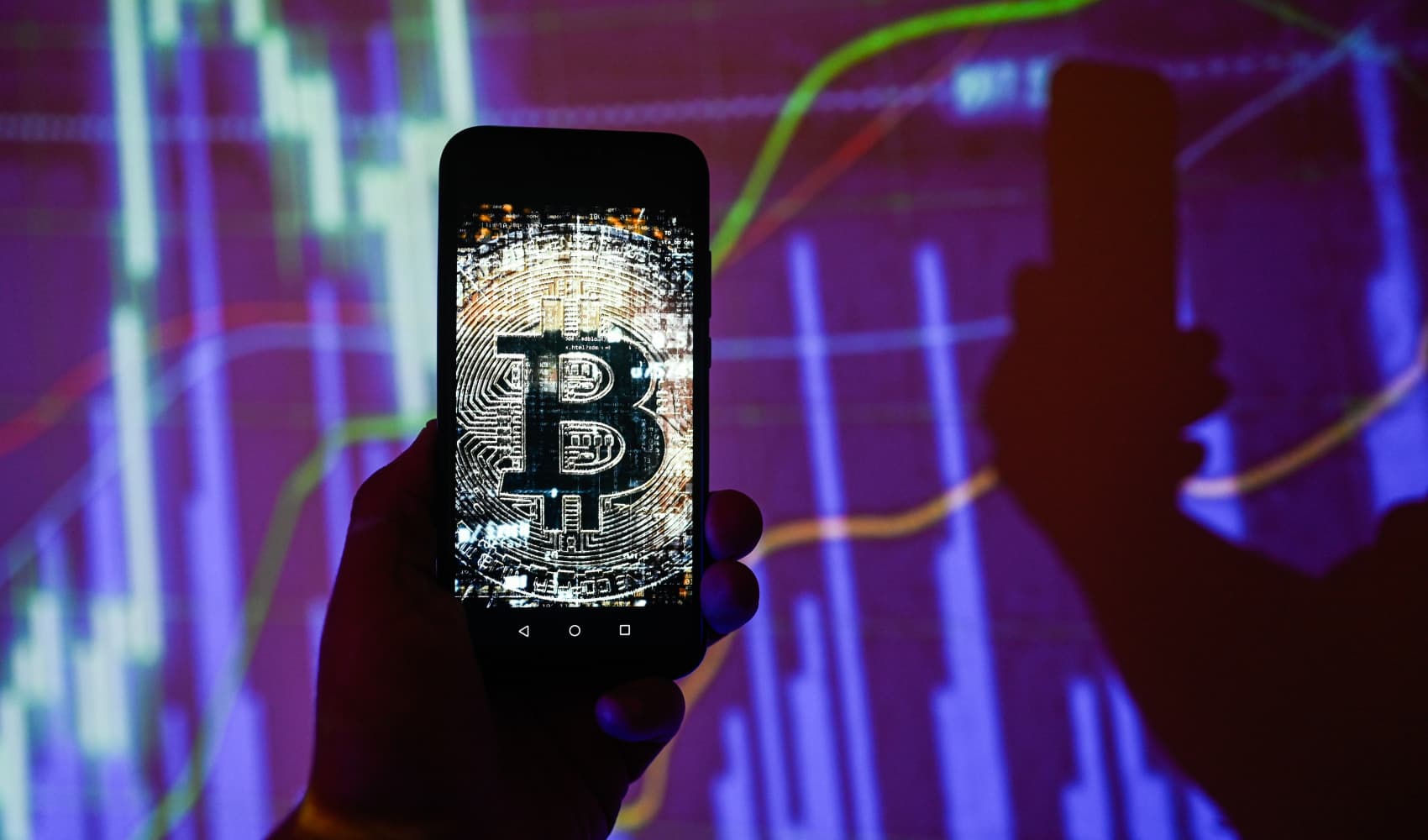
- Russia has vehemently denied new accusations claiming that Russian spies stole the "blueprint" for the Oxford-AstraZeneca vaccine and used it to create its own Sputnik V shot.
- The head of Russia's sovereign wealth fund called the claims "scientific nonsense."
- There have been fresh reports in the British press this week alleging that U.K. security services told ministers they had evidence that Russia stole the blueprint.
Russia has vehemently denied new accusations claiming that Russian spies stole the "blueprint" for the Oxford-AstraZeneca vaccine and used it to create its own Sputnik V shot, with the head of Russia's sovereign wealth fund calling the claims "scientific nonsense."
There have been fresh reports in the British press this week alleging that U.K. security services told British ministers they had solid proof that Russia stole the blueprint for the British-made vaccine and used it to create Sputnik V.
The Sun tabloid newspaper first reported the allegations made by the British security services although Downing Street declined to comment. It's not the first time that Russia has been accused of trying to steal and hack Covid vaccine data but Moscow has repeatedly denied the accusations, with RDIF calling the latest report "fake" and a "blatant lie."
Get a weekly recap of the latest San Francisco Bay Area housing news. Sign up for NBC Bay Area’s Housing Deconstructed newsletter.
The head of the country's sovereign wealth fund, RDIF, echoed that sentiment on Wednesday, calling the accusations a "scientific nonsense."
"There is no merit [to these claims] and we're very clear about this," Kirill Dmitriev told CNBC on Wednesday. "This report is a complete scientific nonsense, it has zero merit and frankly it's a lie."
Money Report
Calling the report "nonsense from anonymous sources," Dmitriev said the latest accusations were part of a "smear campaign against Sputnik V because some politicians don't like Russia and because some big pharma companies, who are afraid of the success of Sputnik V, continue to attack Sputnik V and Sputnik Light [its one-dose booster shot] from day one, so we're used to these attacks," he told CNBC's "Street Signs Europe."
Dmitriev insisted that the developers behind Sputnik V wanted to be partners with other vaccine producers and cited a joint clinical trial taking place with AstraZeneca (to determine if mixed Covid vaccine doses work), noting "we believe in a joint approach to working with other vaccine producers and Sputnik V is a partner to other vaccines."
What's next
The Russian Direct Investment Fund, or RDIF, is one of the world's leading sovereign funds with a reserved capital of $10 billion under management. The fund backed the development of Russia's main coronavirus vaccine, Sputnik V, which was the first Covid vaccine in the world to be authorized — by Russia — in August 2020.
The Sputnik V vaccine has been the subject of suspicion — first over its clinical data and efficacy — and most recently, accusations over its origin and development.
Interim analysis of phase 3 clinical trials of the shot, involving 20,000 participants and published in the peer-reviewed medical journal The Lancet in early February, found that it was 91.6% effective against symptomatic Covid-19 infection.
Still, the vaccine has not been authorized for use by drug authorities in the U.S., U.K. and EU. The World Health Organization has said it is still assessing the vaccine but has not indicated if and when it might grant the shot emergency use listing.
Not to be deterred, Russia has developed several other Covid vaccines and has since worked on a one-shot "Sputnik Light" vaccine designed to be used as a booster shot. In August, RDIF said Sputnik Light had proved "highly effective against Covid among more than 320,000 subjects who had received the vaccine based on the data collected by July 30, 2021." It cited an efficacy rate of 93.5%.
RDIF's Dmitriev told CNBC that Russia expects the Sputnik V vaccine to be approved by the end of 2021 and that he hopes the one-shot Sputnik Light could soon be used as a booster shot in conjunction with other vaccines.
"We've seen very positive signals from the WHO lately and they really appreciate what we are doing ... 'Sputnik Light' can be a booster to other vaccines such as AstraZeneca and Moderna to many other vaccines, so we believe in a very positive solution with the WHO as early as the fall ... definitely we expect an approval very soon," he said.






